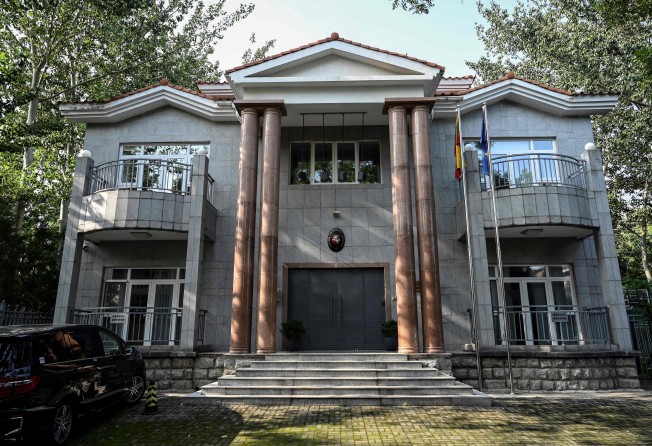Why is tiny Lithuania challenging the Big Panda?
- It may seem paradoxical but China may have less influence over small states in the Baltic and central Europe than over the European Union and the United States

The latest diplomatic spat between China and Lithuania has led them to recall their ambassadors. The trigger has to do with the latter’s decision to allow Taiwan to open an office in Vilnius under its own name, rather than “Chinese Taipei”, a move interpreted by Beijing as a challenge to “one China”.
No matter which side you support, it’s intriguing why the Baltic state of 2.8 million should stick its neck out amid growing tensions between the West and China.
One common interpretation in China is that it’s a ploy of the United States. Washington wants to test how far the West can push on Taiwan over the dangerous questions of sovereignty and independence. So it puts poor Lithuania up for the test. Beijing can retaliate, as it is doing now, but it would be against a minor friendly country in which Washington has no core interests.
While I don’t dismiss this theory offhand, I think it takes away agency from small states as mere playthings of the great powers. Rather, the new spat is a growing sign that China’s appeal across central Europe and the Baltic is fraying.
It may seem like a paradox but China may actually have less clout over those small states than over the European Union and the United States. For one thing, they are not exposed in their military, geopolitical, economic and commercial interests to China like the EU and the US.
They may crave a bigger slice of the potentially huge market in China, but their existing economic exposure is limited. Their real ties, in trade and defence, are with the EU and North America. For example, China is only Lithuania’s 12th largest trading partner.
Vilnius’ decision is not an isolated incident, nor is it the only one upsetting China. In February, Vilnius withdrew from the so-called “17+1” summit, a China-led platform to engage central European countries. And Bulgaria, Estonia, Latvia, Romania and Slovenia only sent ministers rather than heads of state, even though President Xi Jinping personally chaired the meeting.
Romania is another country that has taken a tough stance with China; it has cancelled a nuclear power plant deal and banned Huawei’s 5G networks. The China-friendly Viktor Orban of Hungary is the real odd man out; even that may change soon.
The smaller European states may be leading the EU over China, not the other way around.